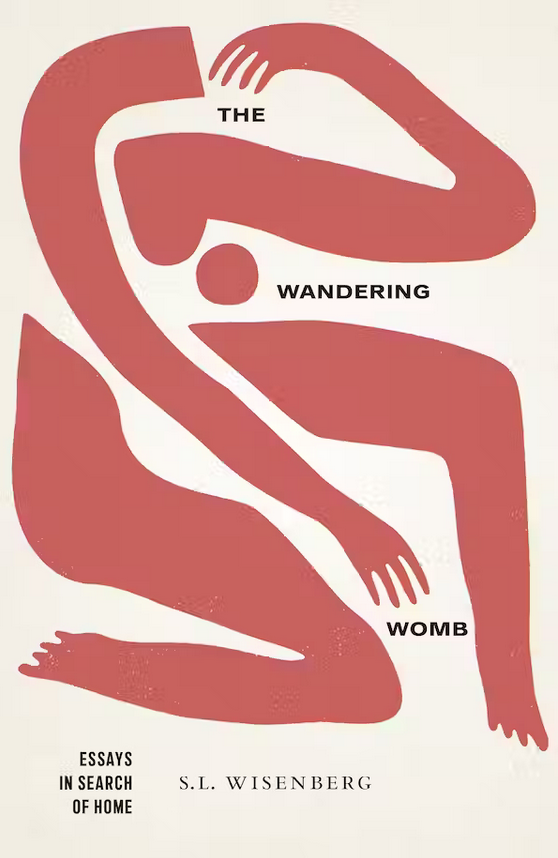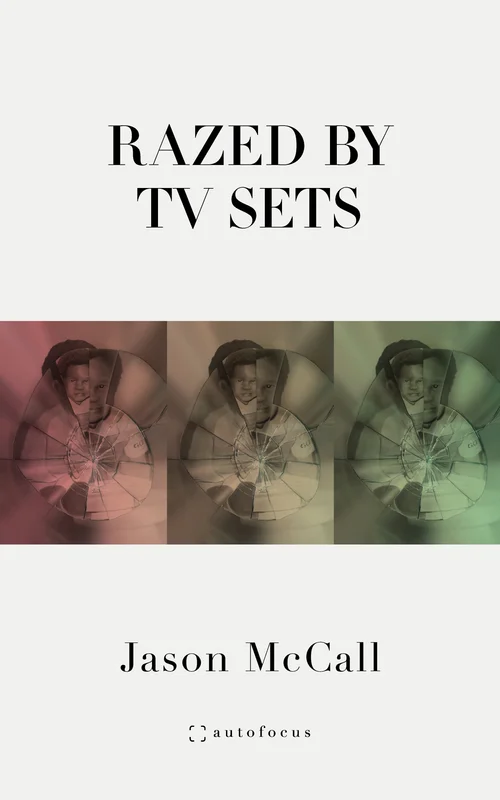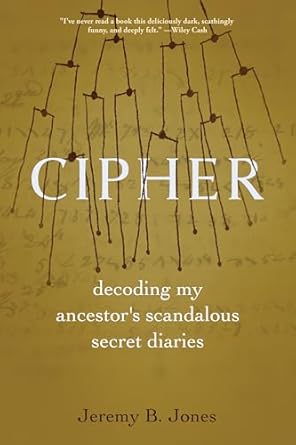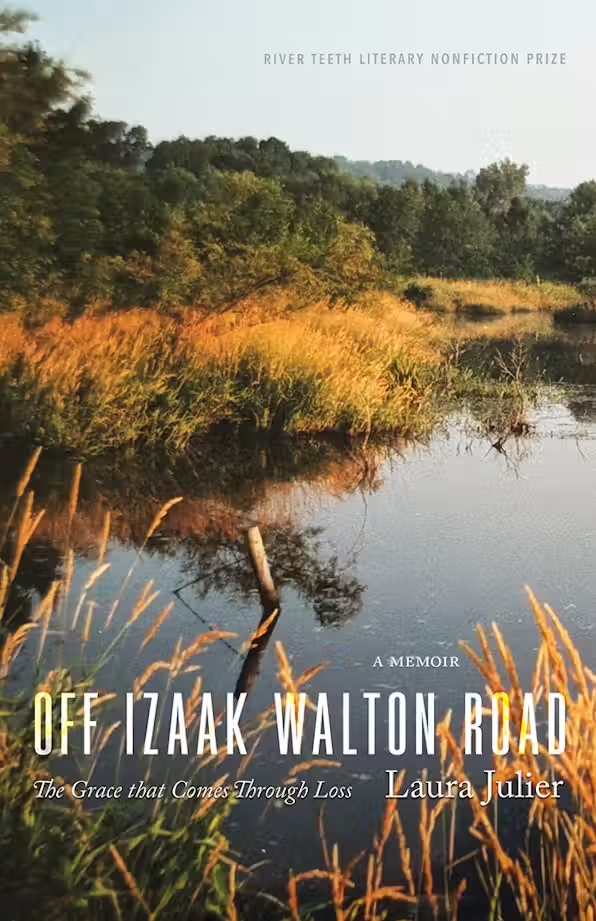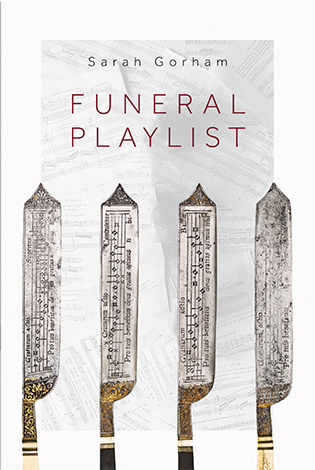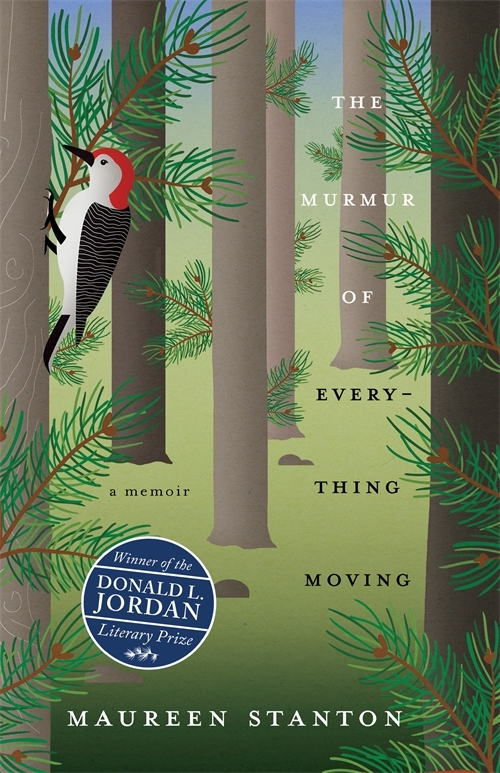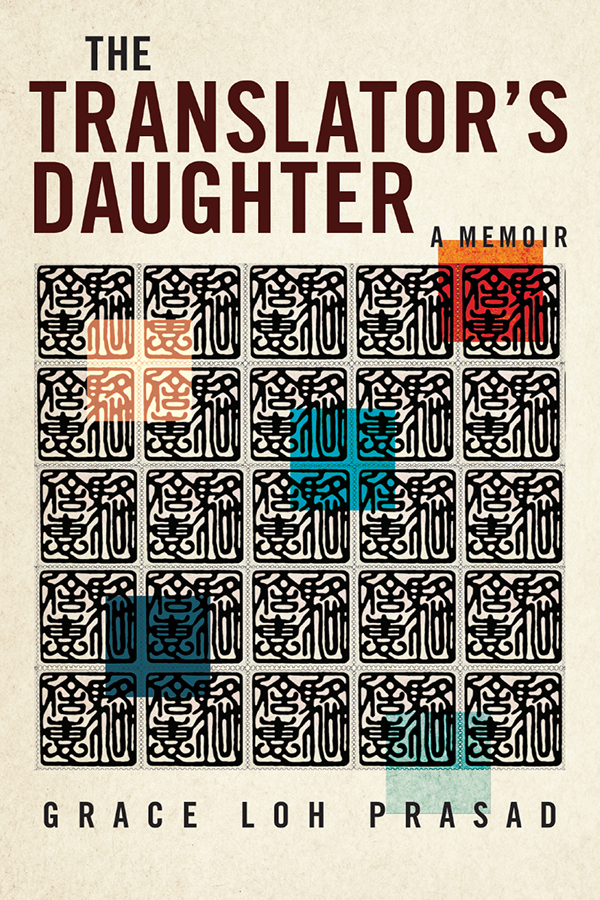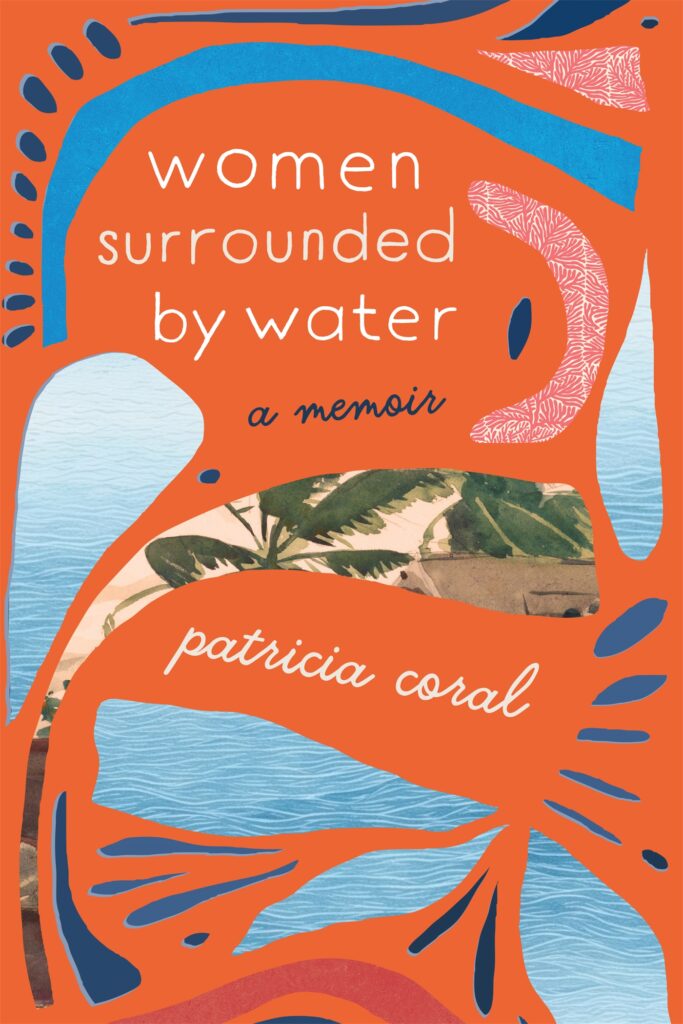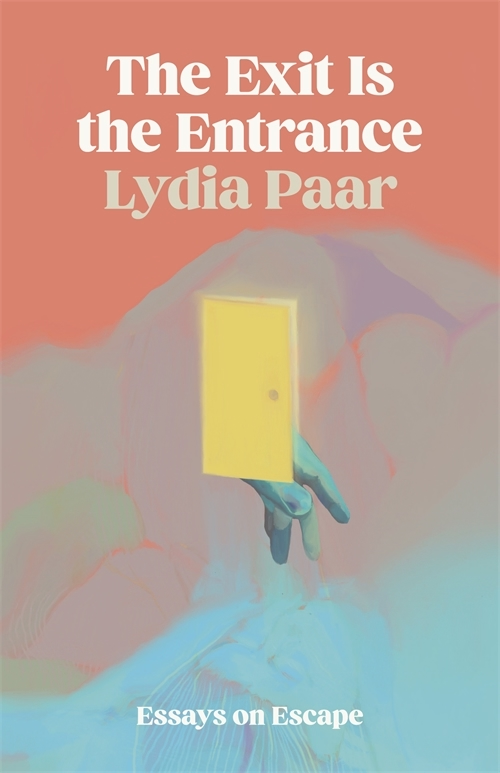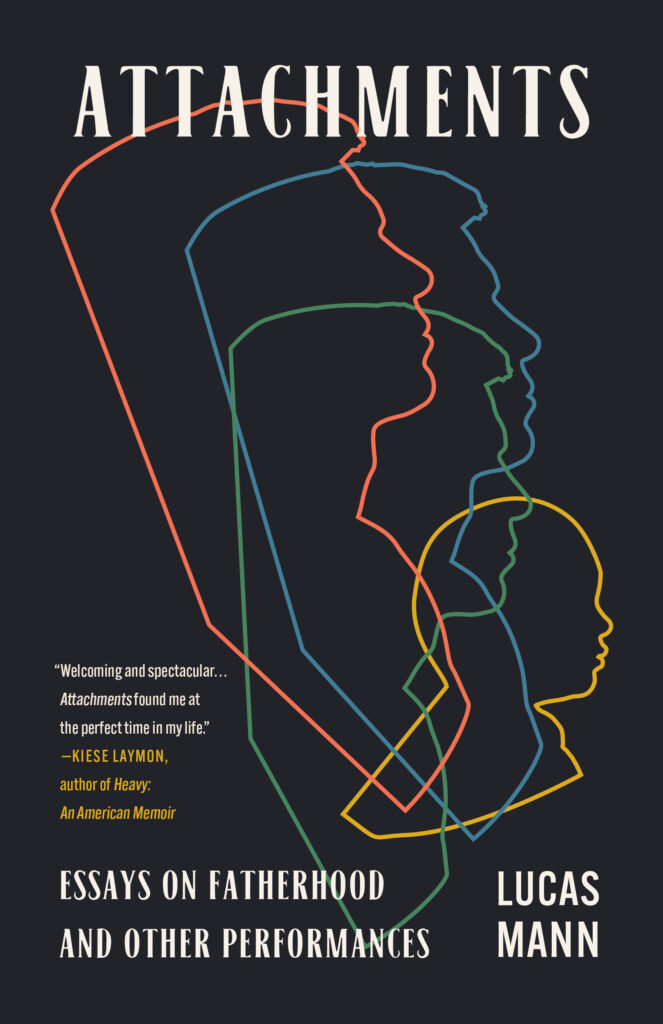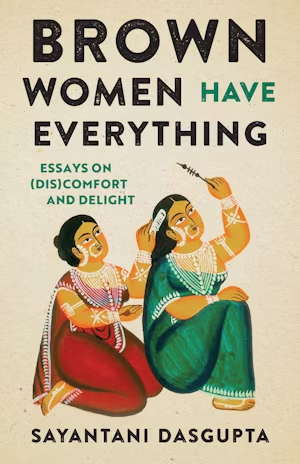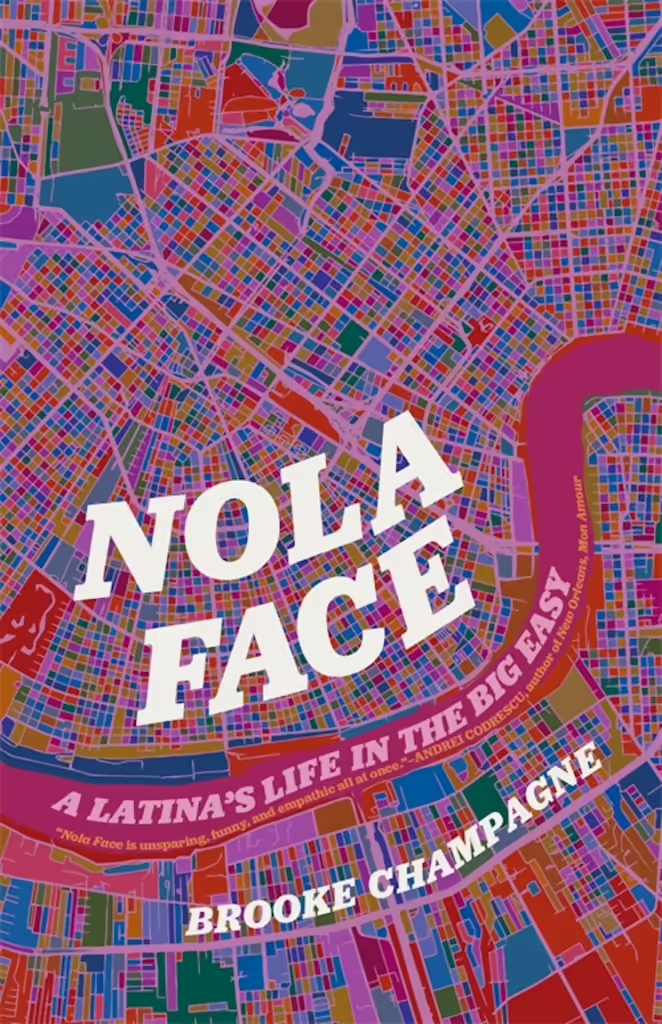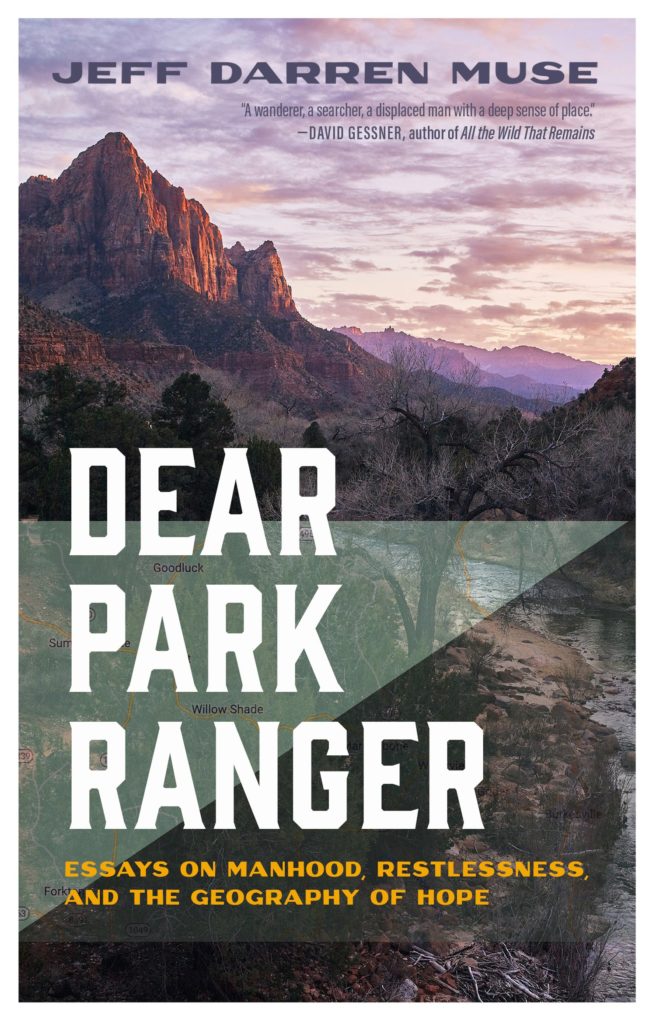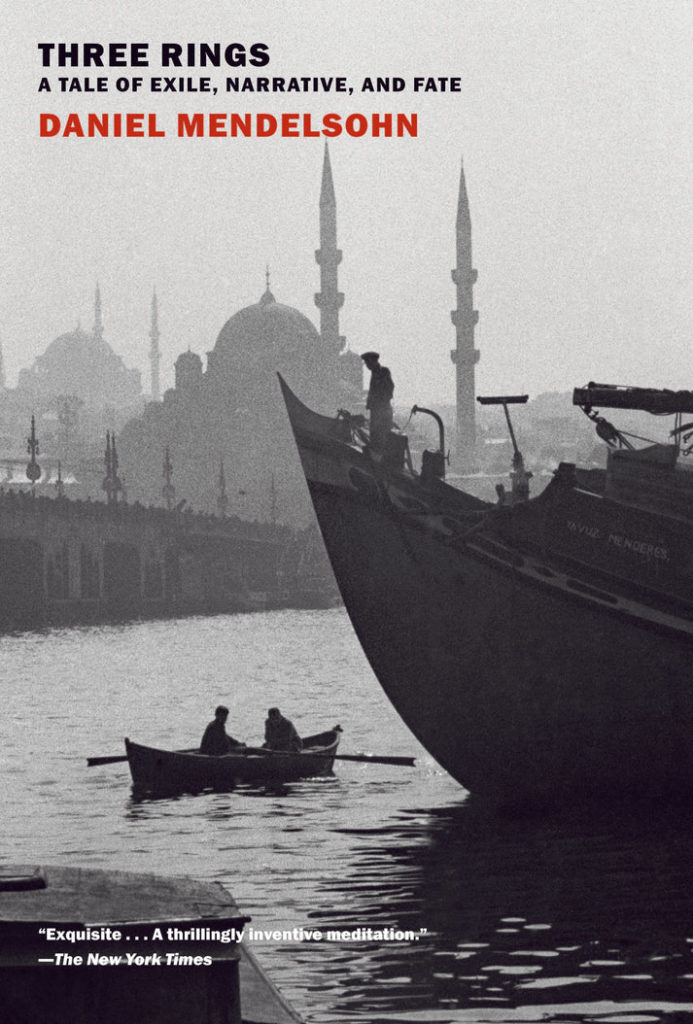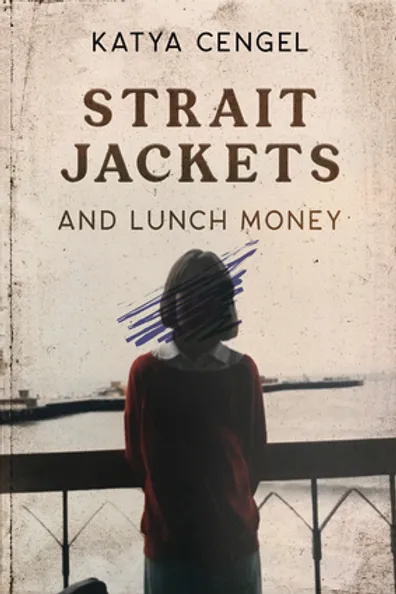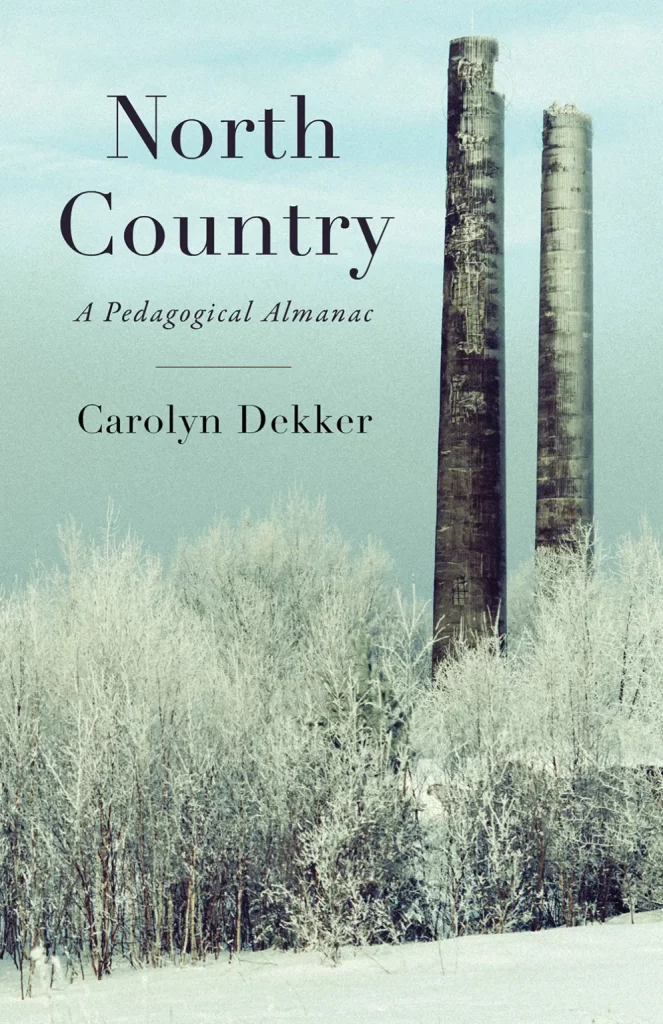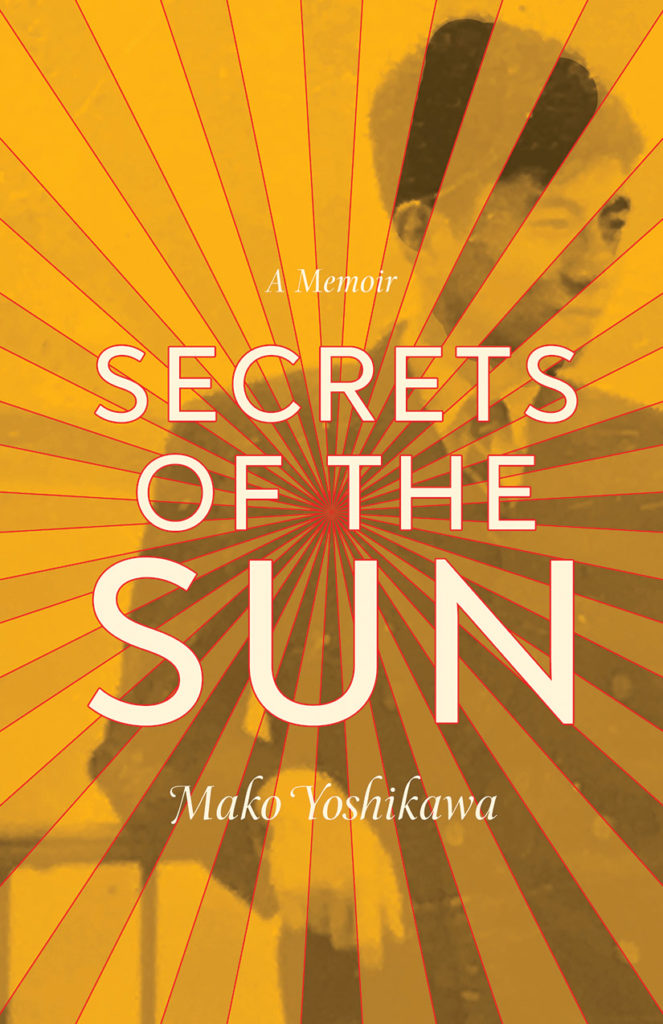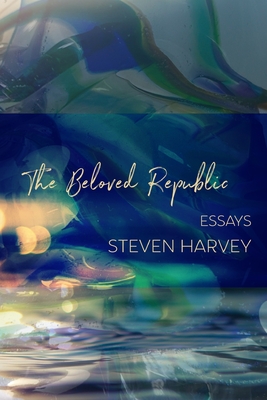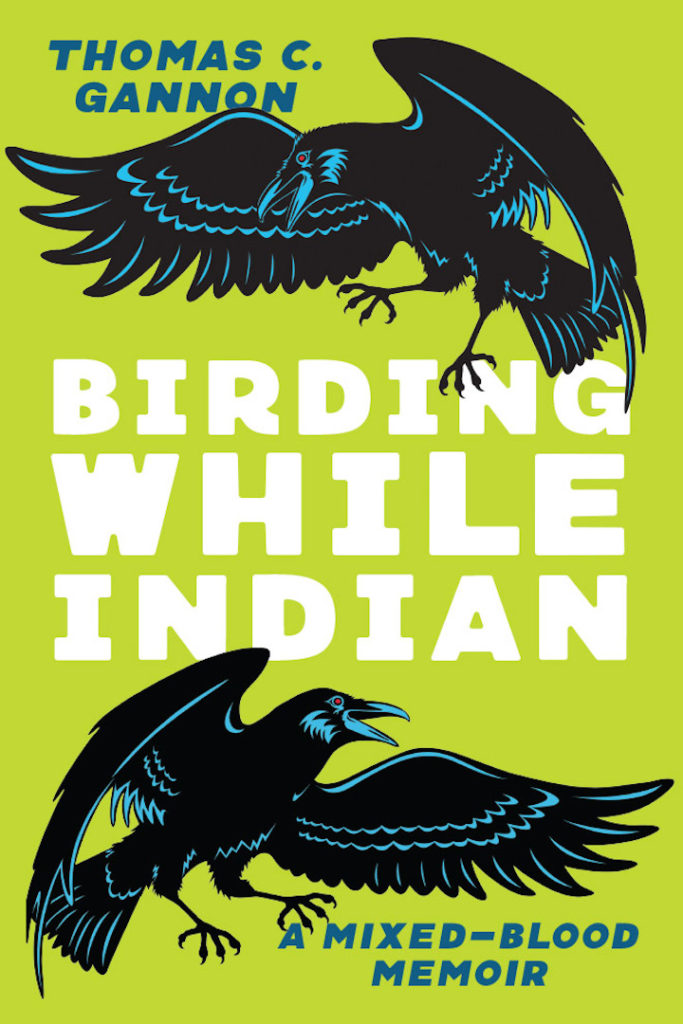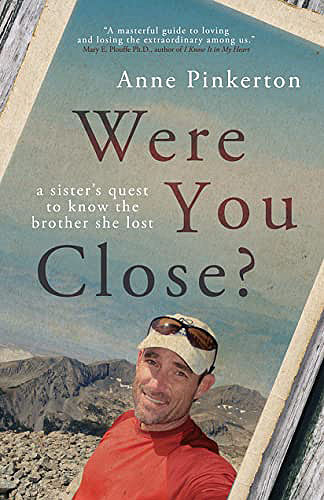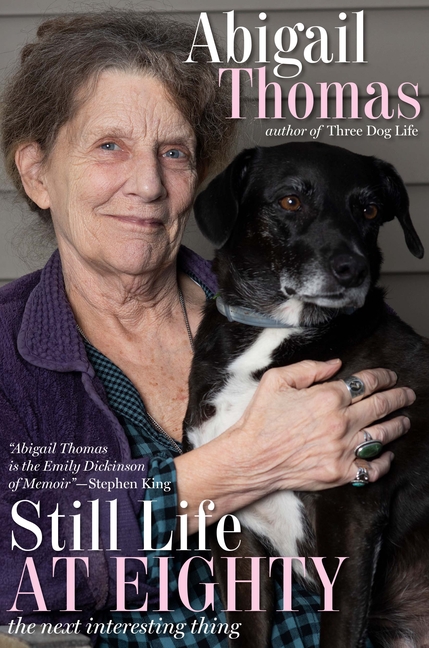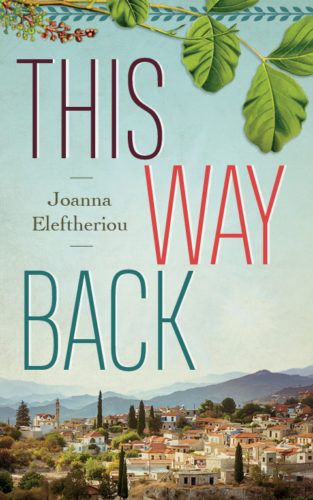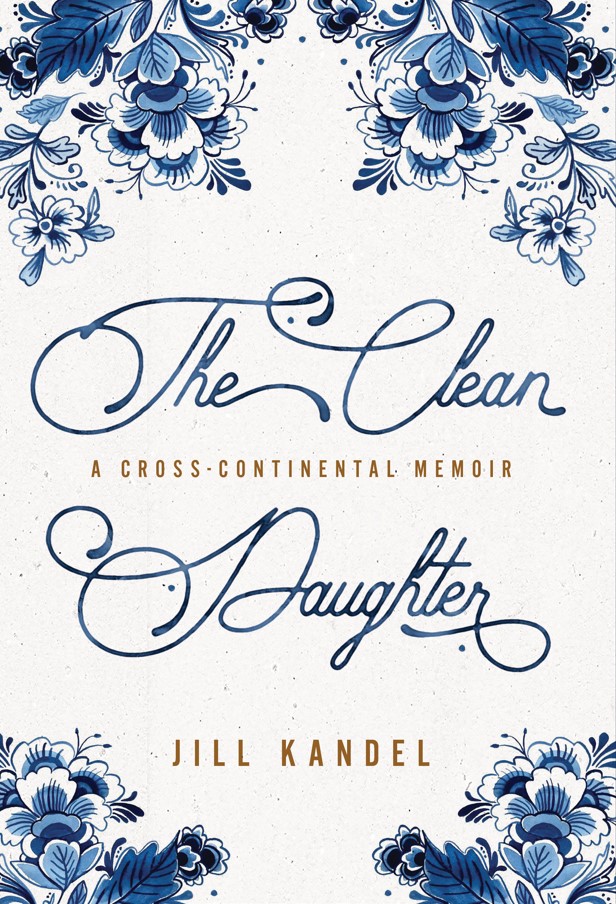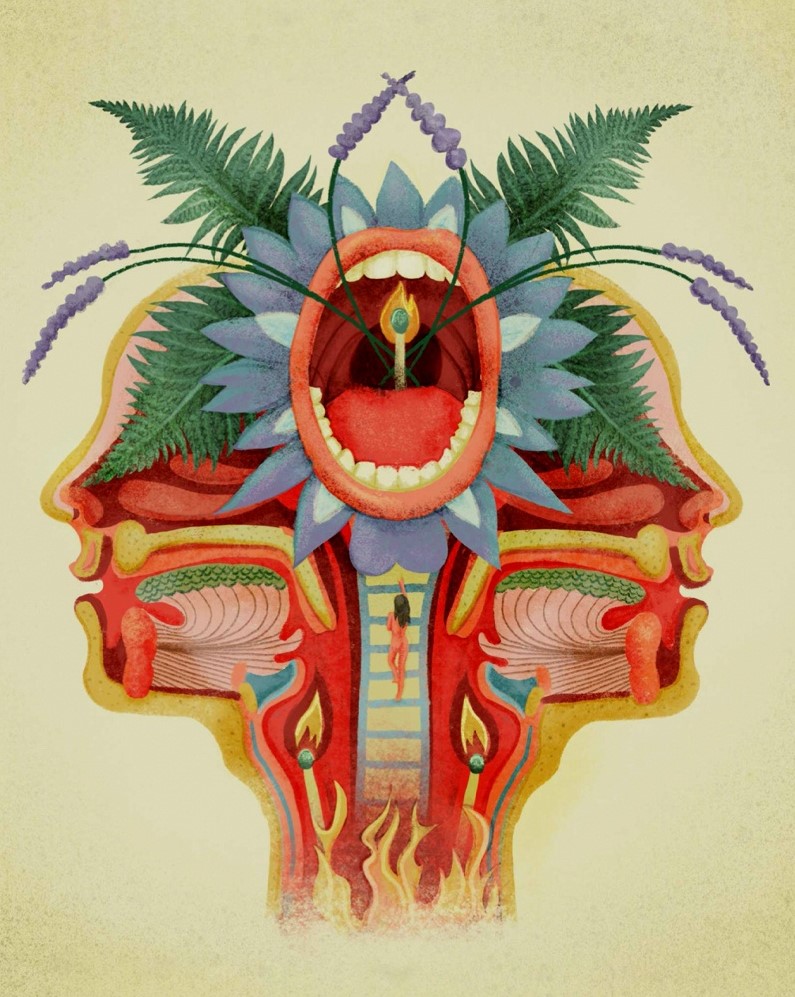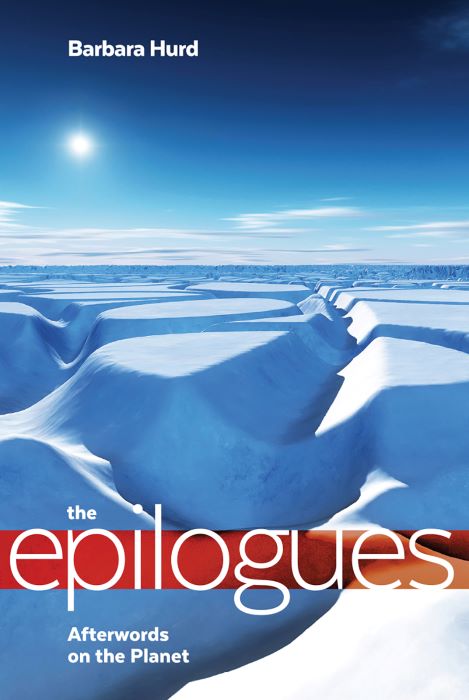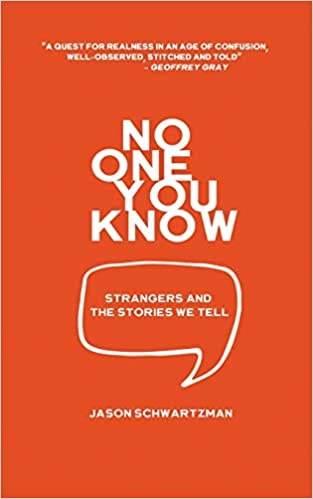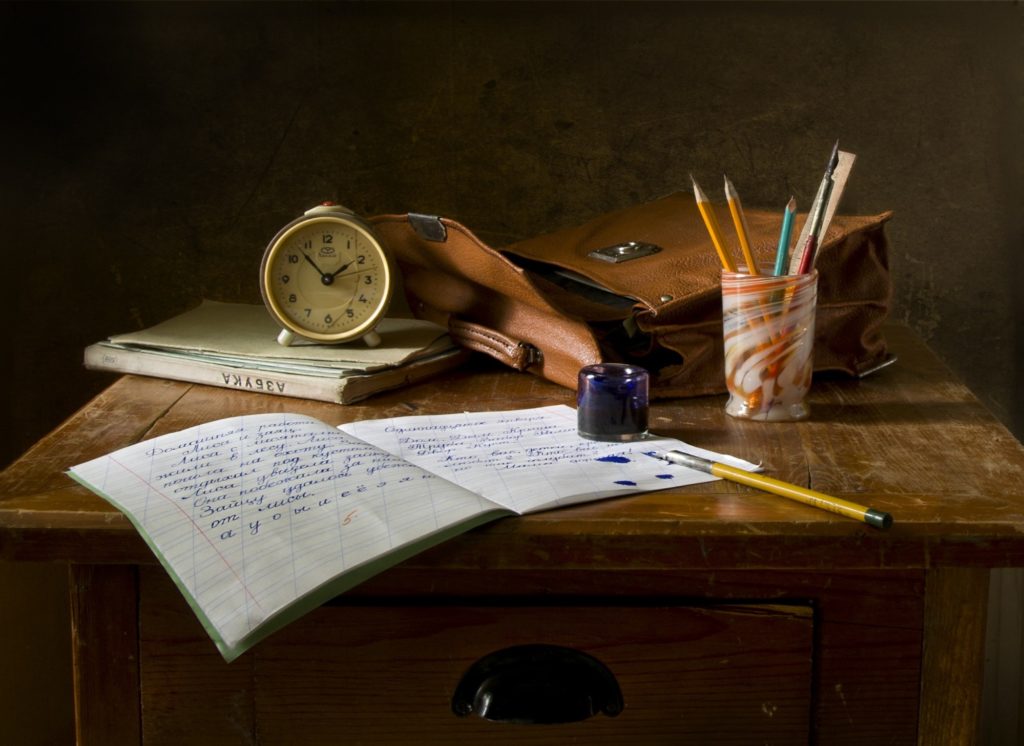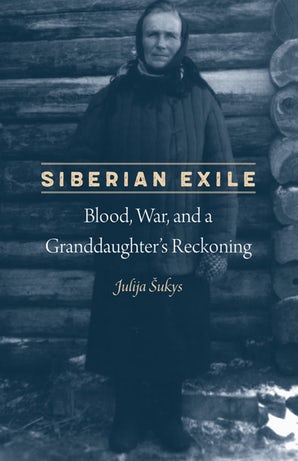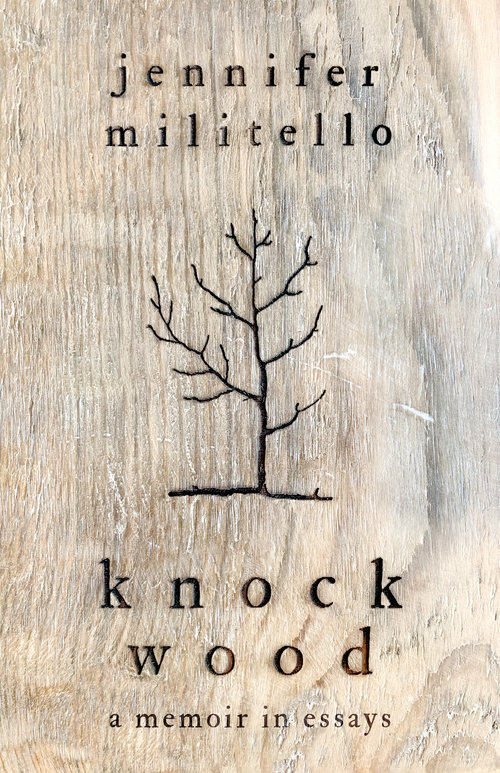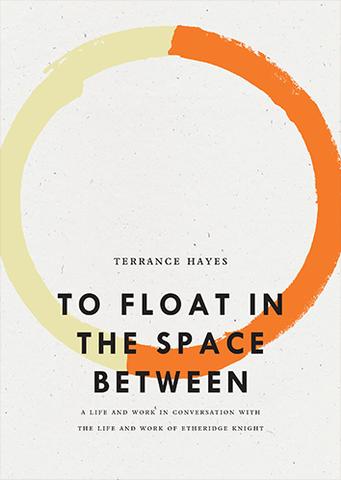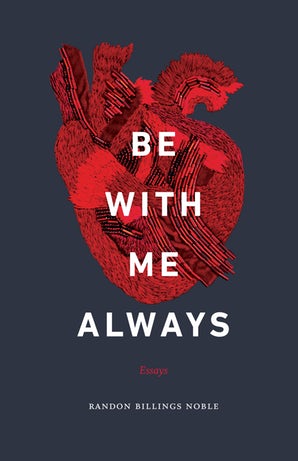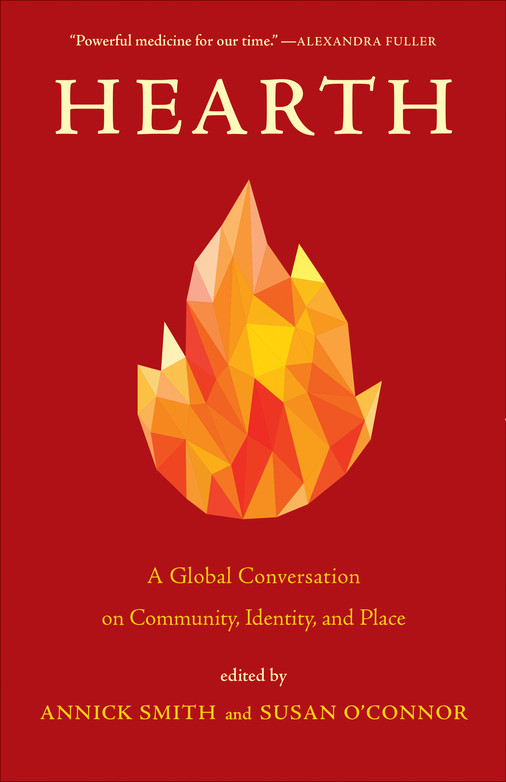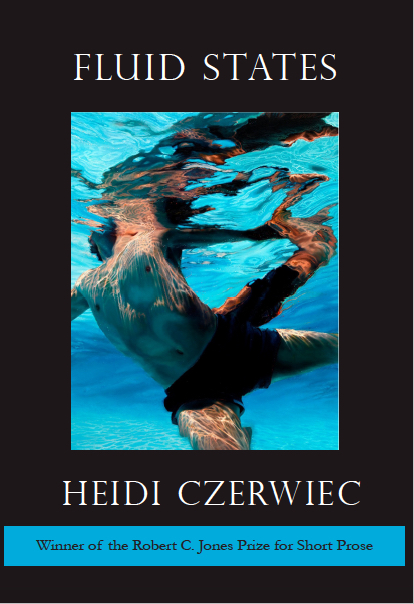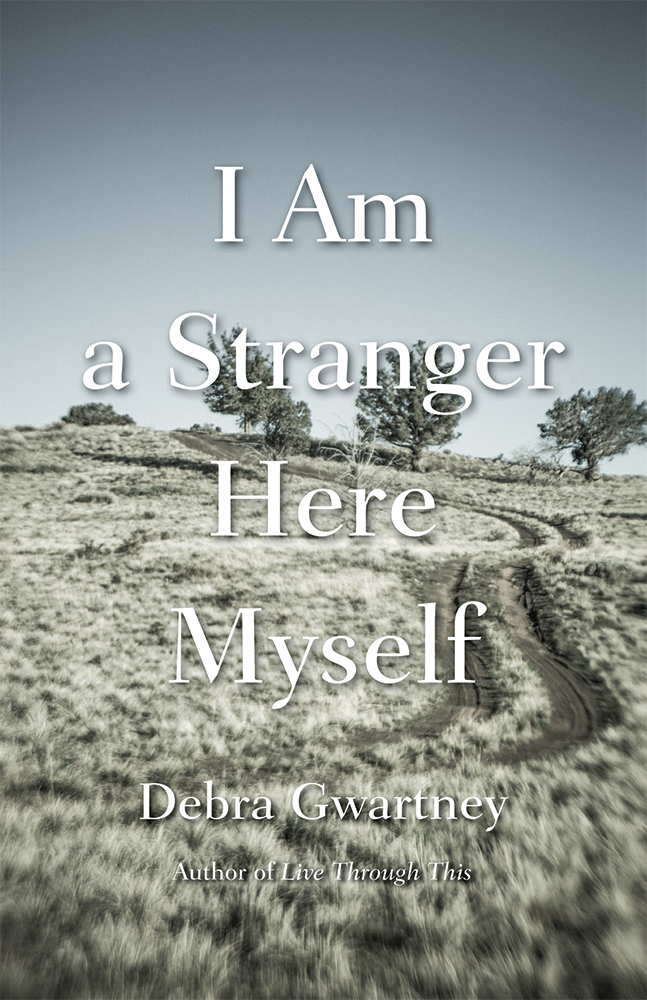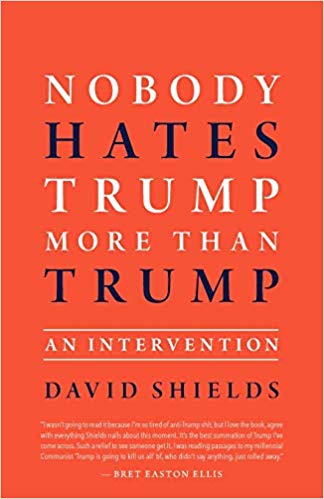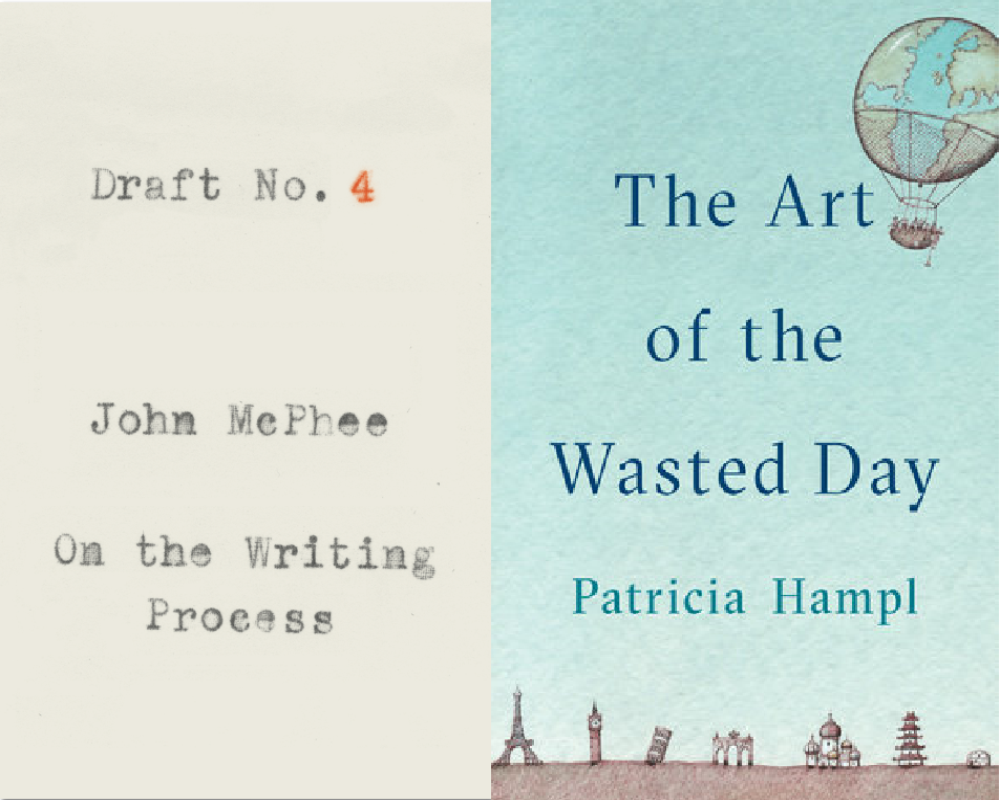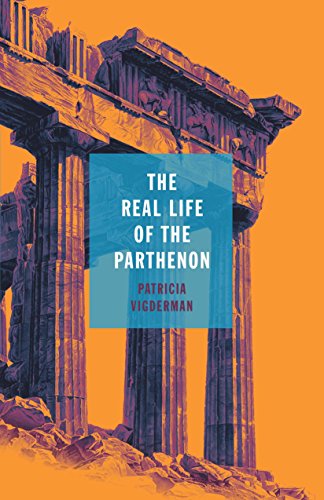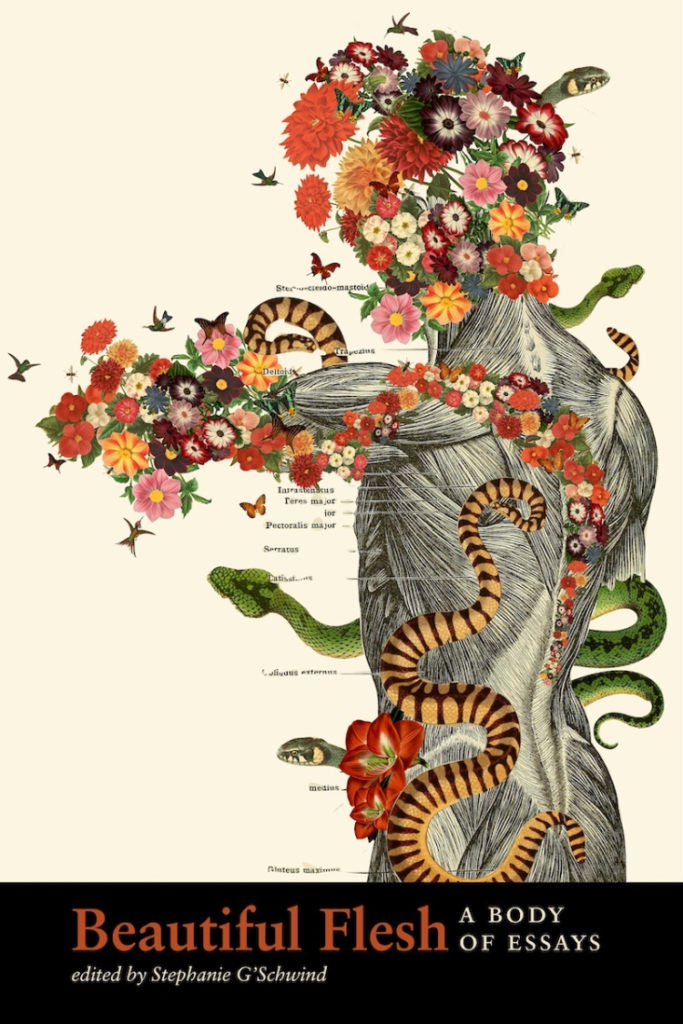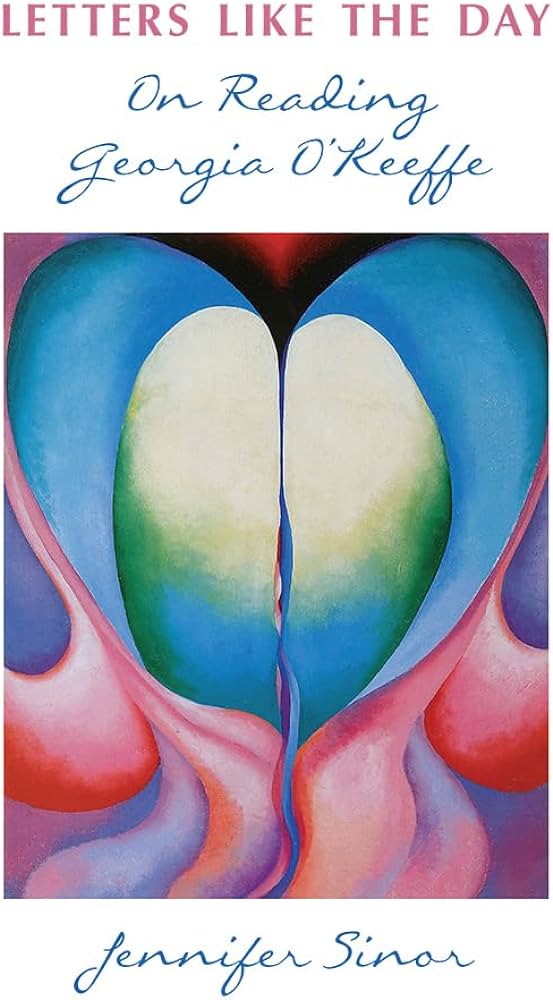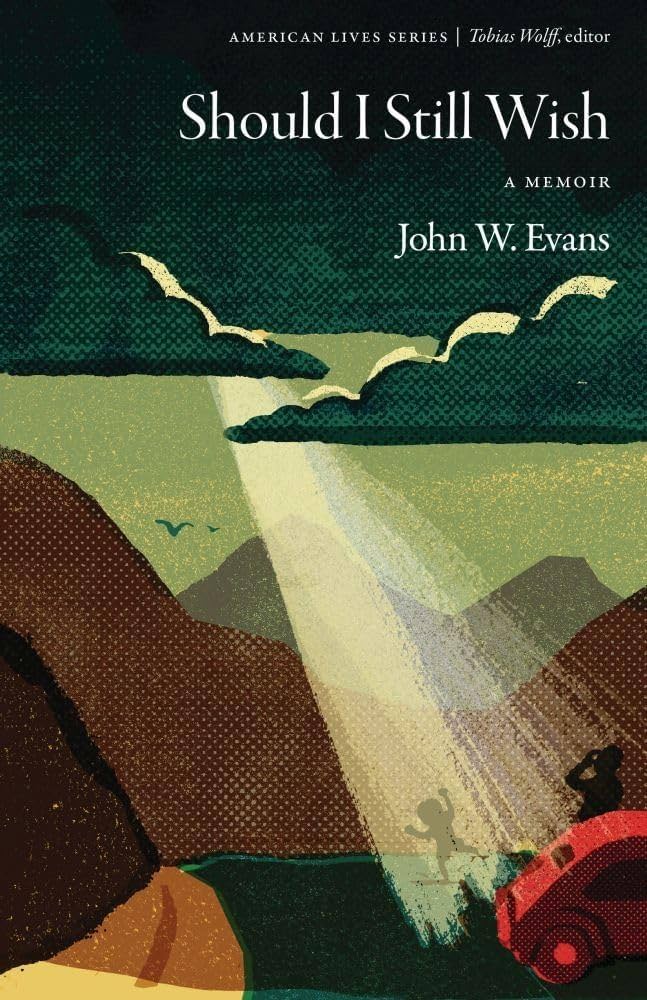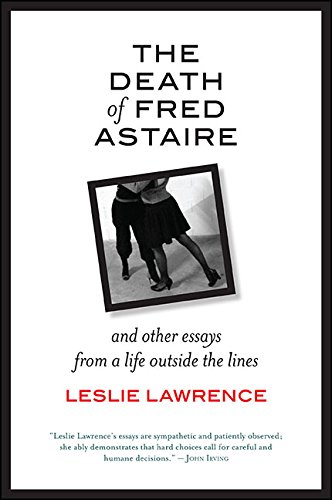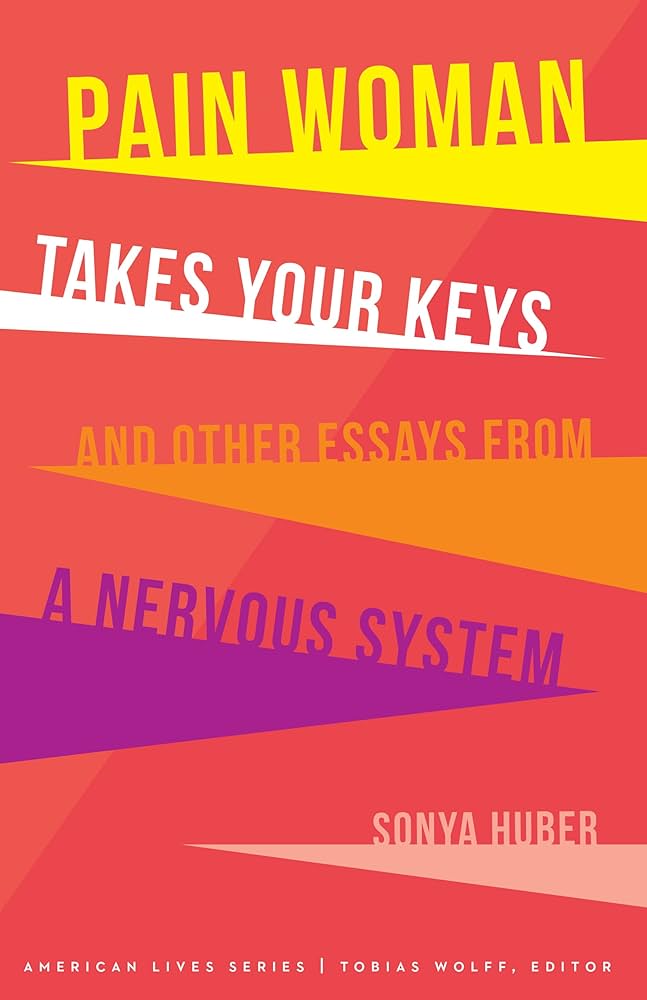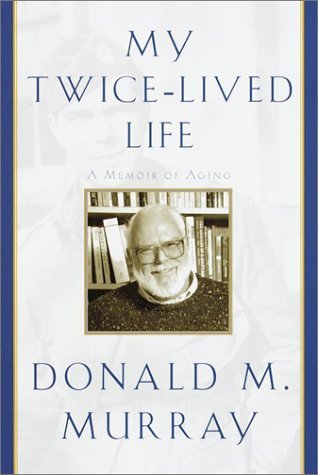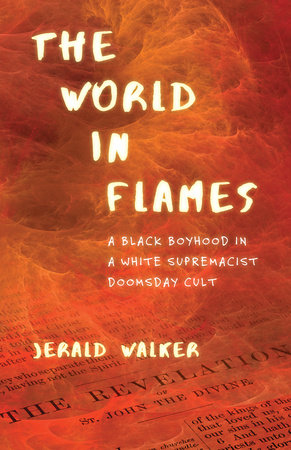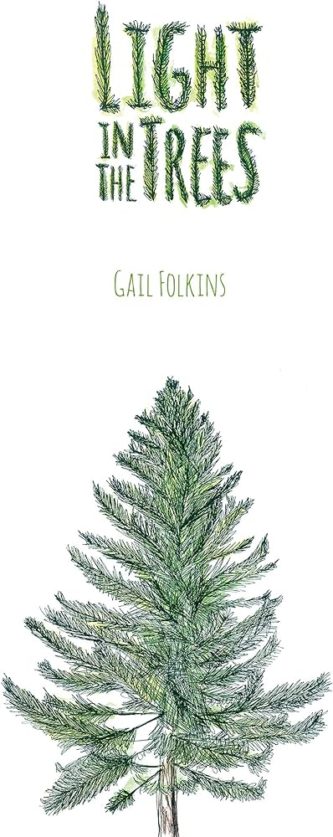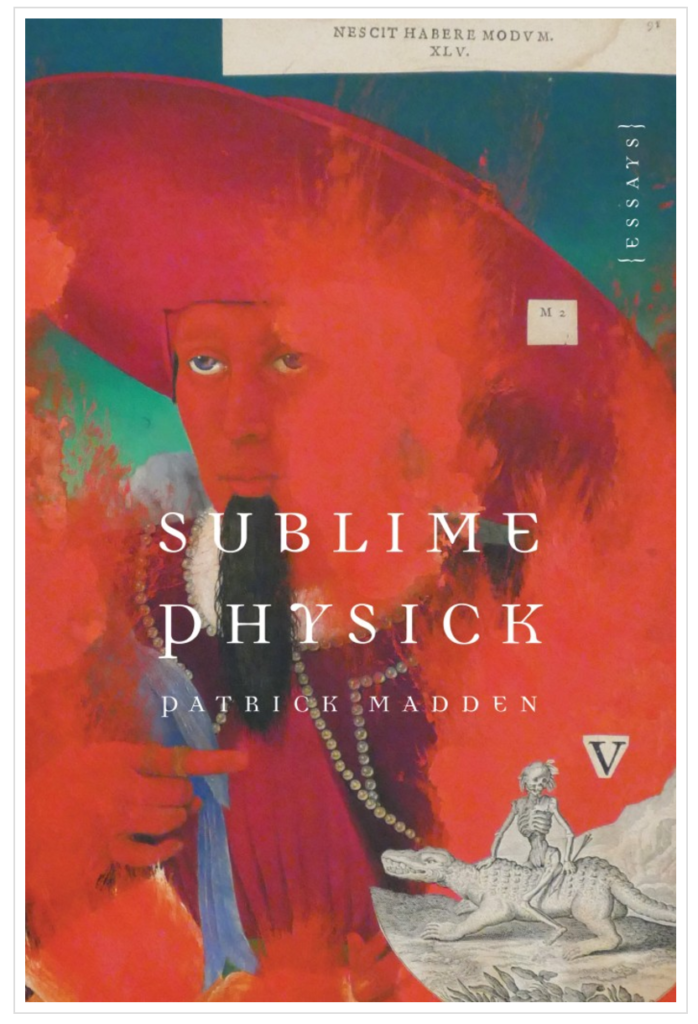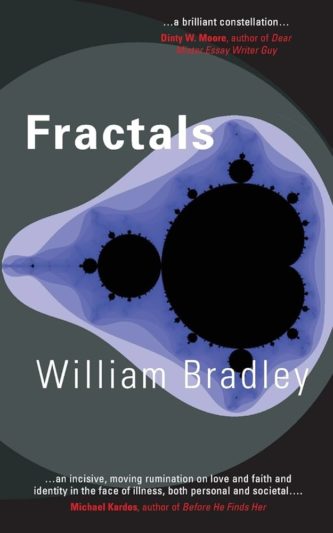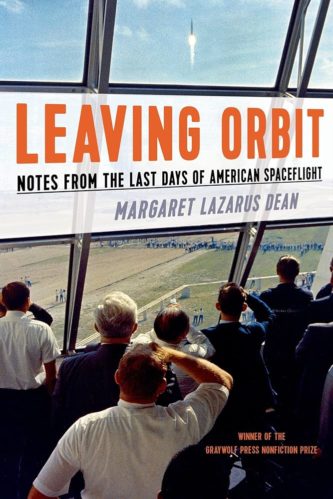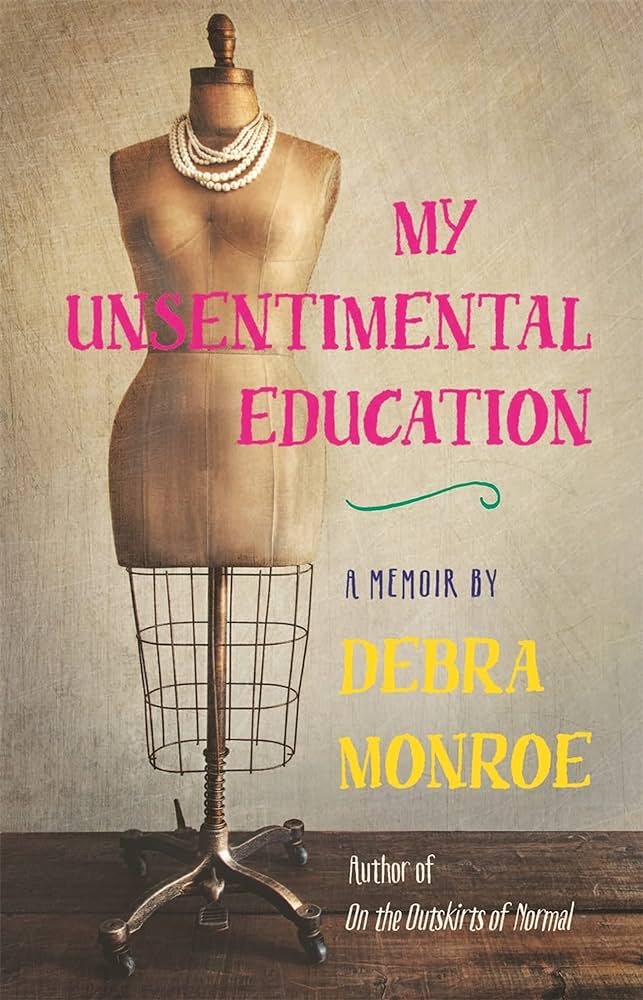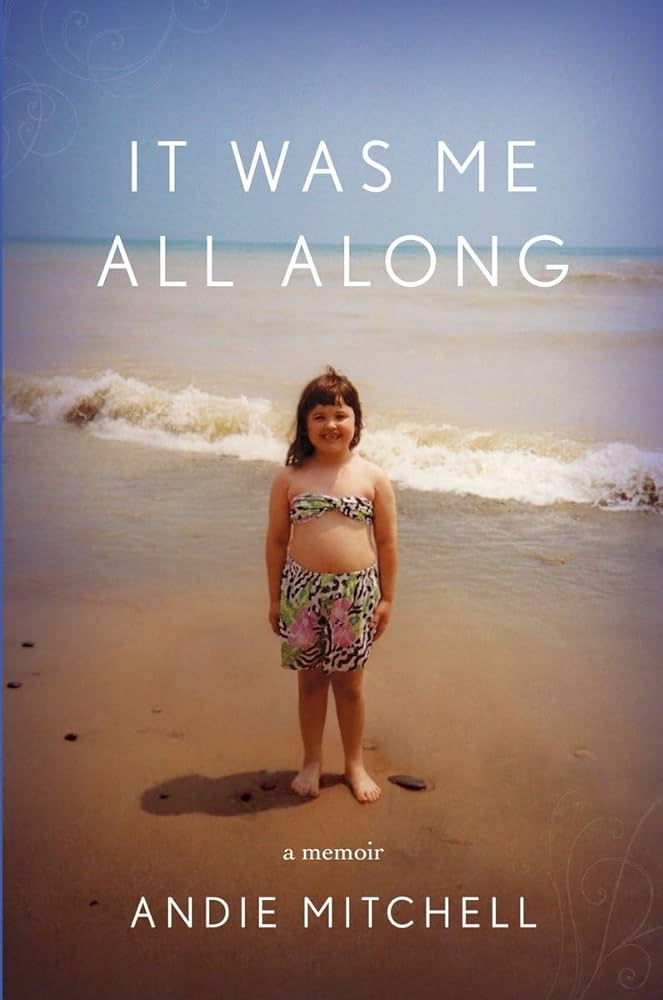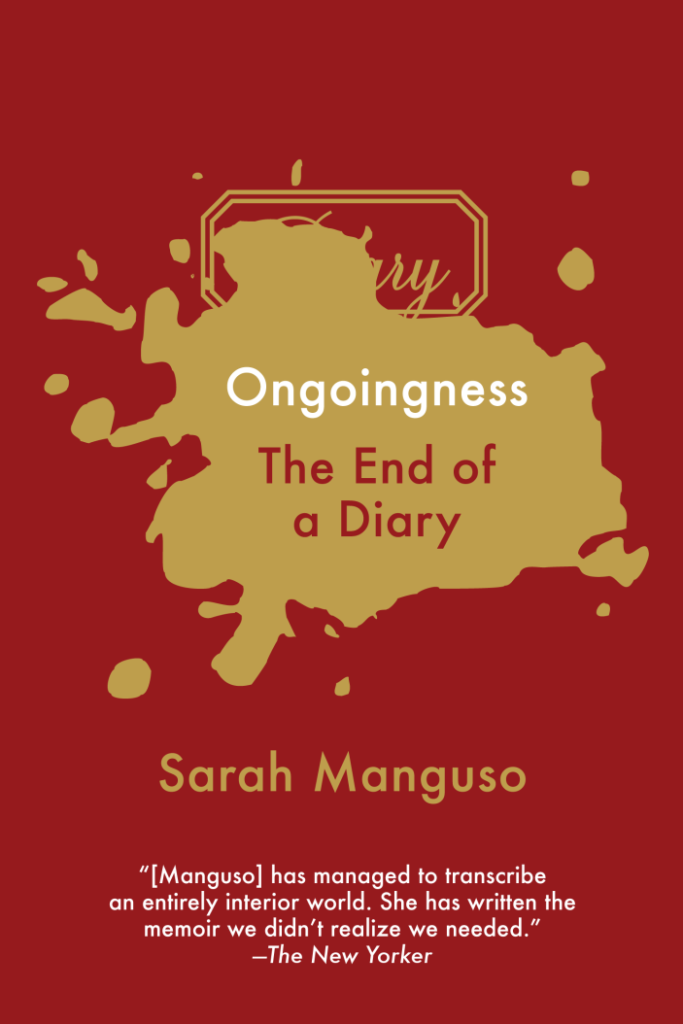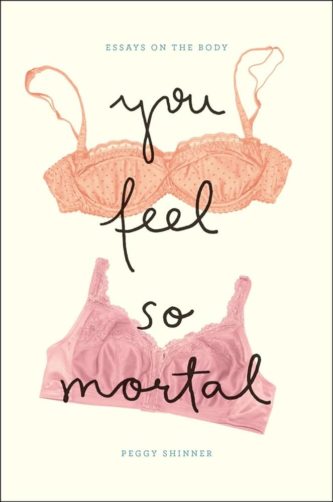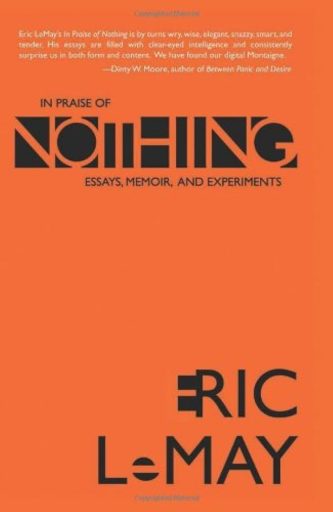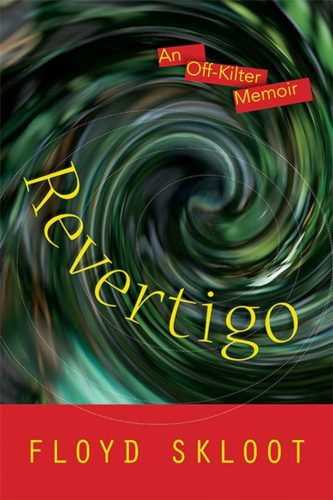By Judith Sara Gelt
The Wandering Womb: Essays in Search of Home by S.L. Wisenberg
S.L. Wisenberg, the author of several memoirs and editor of Another Chicago Magazine, has compiled a collection of twenty-eight essays, most of them new. In The Wandering Womb: Essays in Search of Home she discovers a world of unexplored personal connections while also diving into Judaism, women’s history, and human nature. Throughout, her voice is candid and confident.
Wisenberg nimbly essays with precise details and agile, elegant writing as she journeys through memoires that reveal their lasting significance—from her sneaking into a college sorority rush, at twenty-two, to later-in-life descriptions and reflections on Judaism, breast cancer, women’s bodies, asthma, the Holocaust, and persistent memories of her childhood. It’s a lot. Somehow Wisenberg makes room for it all. That’s the advantage of a collection—each essay exploring one theme or topic at a time.
Yet, despite mostly focusing on separate subjects per essay, she laces varying topics among several individual pieces. In “Younger Men, Older Men,” for example, she concedes that she still wants to be saved by a young man after her relationships with younger men have played out: “I am looking for one young man to save me, to sweep me from my life.” Wisenberg links this notion of salvation via a man’s rescue to her Judaism:
As Jews, we do not believe in redemption offered by a man who bled for us and came down from the cross for us so that we could mourn and be cleansed. I’m not waiting for the coming of the messiah. But as women, that is the dogma we are raised on, that one man can sweep down and save us . . ..
With the sheer number of subjects, I sometimes wondered, am I lost? Have I missed a narrative thread? When had she mentioned her mother? On page forty-six she begins “Spy In The House of Girls” with “My mother was president of her sorority at the University of Texas, and when I was a freshman at Northwestern in the mid-seventies, she wanted very much for me to take part in sorority rush.” The first forty-five pages did not establish her mother’s presence or influence (even when discussing her grandparents’ histories at length), and I found this disconcerting. Should I have noticed details about her mother in an earlier essay? Since Wisenberg’s essays are not in chronological order, at times I found dates and characters difficult to follow, though she discloses in her author’s note: “In most pieces I’ve tried to locate the reader in time by noting my age when events took place or by giving the year as a reference point.”
Wisenberg challenges Judaism’s relationship to women in the essay “Mikvah. That Which Will Not Stay Submerged.” “It’s as if the rabbis,” she writes, “have been writing all over our bodies for centuries, crafting their arguments on our skin . . .. They have been examining women’s drips and discharges and dispatches and holding them up to the light.”
What’s more, she rebukes the faith with questions: “And when it comes to family-purity laws, how can even the newest of a New Age feminist ritual make up for the historic misogyny of Jewish law?” With knowledge of Jewish orthodoxy and its practices, she contemplates the Mikvah and its use by orthodox women (she is not orthodox, though her parents were raised in orthodox homes). In one essay, she serves up fifteen titled sections describing the orthodox practice, its law, its history, customs about menstruation and bodily fluids, with helpings of personal experience. Ultimately, though, she criticizes Jewish law and its practices regarding women and their bodies, and like a hammer whacking a nail, her feminism bangs on Orthodox traditions.
Her voice is authentic, her honesty brutal. She wonders again about her gender and Judaism: “What is the new ritual to acknowledge the fact that the religion was not made for us, for me, that we have to manipulate it and change everything so that it’s meaningful, and that that’s a sorrowful and exhausting task?”
As a feminist, a Jew, and someone who lost thirty or more relatives in Poland during the Holocaust, I share a legacy with Wisenberg. We also agree about Judaism’s misogyny. However, as a reviewer, I wondered if these similarities would allow me the necessary distance. Instead, I found my background makes me sympathetic, not uncritical. And those readers who have not shared her experiences will find her reflections and admissions compellingly powerful in their intimacy and candor. What’s more, most readers will share her insecurities about the need to fit in. Recalling her desire to rush a sorority in “Spy in the House with Girls,” she confesses her weakness: “. . . deep down, I still wanted them to like me. I still wanted to be Queen of the Prom.” (Me too!)
After disclosing details about her grandfather’s loss of his family to the Nazis, Wisenberg reflects on a trip to Auschwitz. “I went to Auschwitz because it seemed the place had been with me always. But when I was there, I couldn’t feel the weight of history. I couldn’t bring what I know of the genocide to the vast landscape of it.” This reminded me of my visit to Dachau in my forties. Unable to wrap my mind around “the vast landscape of it,” I became ill. Walking through the camp, I was feverish and weak. The moment I stepped into my hotel room all the symptoms vanished. I don’t believe I was ever sick—physically.
“In Judaism,” Wisenberg writes, “we are taught to take our biblical ancestors’ experience into our bodies.” I may have done just that as well. The knowledge of my ancestors’ deaths travelled into Germany with me. With my feet on the soil at Dachau, I couldn’t reconcile the knowledge I carried with me to the massive, suffocating truth while standing in the place where it happened.
Her ideas about the craft of writing are insightful, and she demonstrates her deftness with metaphor. About her writing, she says, “it pulls my feelings from me, or pulls me toward them, illuminates my internal train ride through unknown landscapes.”
The book’s title is curiously memorable. Wisenberg’s second essay, “The Wandering Womb,” describes that the term is found on a papyrus from the Kahun Gynaecological Paprus (circa 1820), where the text “advises its readers to look to the wandering womb.” In another ancient document is this: “Hippocratic physicians wrote that . . . women who were ill might be plagued by a wanderlustful womb, which had loosened itself from its mysterious moorings to cause trouble in the parts of the body where it had set up shop.”
Here I felt tossed among ghastly truths about the state of women throughout history. To her credit, Wisenberg stays with the ghastliness. “The womb as animal,” “The womb as empty bowl, like a beggar’s bowl.” In addition, she explains ongoing myths: “telling of vaginal teeth or fangs devouring the penis.” But she also adds humor: “It must be added that Plato also considered the penis to be a separate living thing. (Who wouldn’t?)” I smiled.
Wisenberg’s life so far has left her (and us) with insights worthy of our contemplations. In fact, after reading the collection, how wonderful it felt to be wrapped up by her many, women-centered, and thought-provoking threads.
University of Massachusetts Press
$22.95. Paperback
Judith Sara Gelt began writing at age fifty-five after a career in public education. Her book, Reckless Steps Toward Sanity—A Memoir (winner of the High Plains Book Award), was published by University of New Mexico Press in 2019, three years shy of her seventieth birthday. Her work can be found in Superstition Review, Nashville Review, Iron Horse Literary Magazine, River Teeth, Broad Street Magazine, and others. Judith lives in Denver and is a member of Denver’s Lighthouse Writers Workshop. She can be found here.

